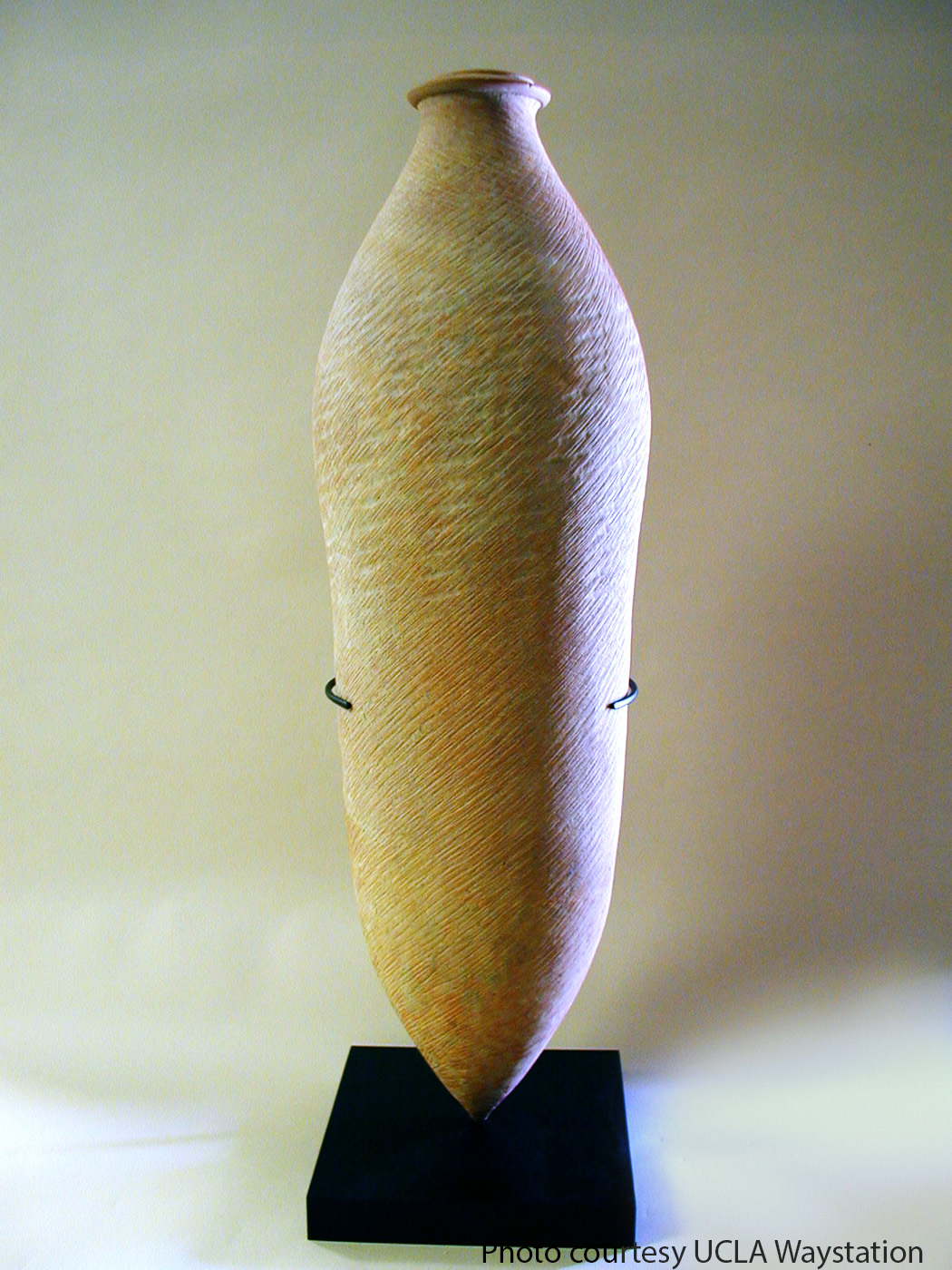Event: Drinking and Dancing as Cultural Identify: Exploring the Origin and Dispersal of Porto Sino-Tibetan Populations
Event Details
 Recent studies in comparative-historical linguistics and genetics have provided valuable insights into the origins and flourishing of the Sino-Tibetan language family, one of the largest in the world. Evidence suggests that this linguistic group emerged and thrived approximately 8000-5000 years ago in the Yellow River valley, north China. Notably, the divergence of proto-Sino Tibetan languages occurred around 5900 years ago. These significant linguistic shifts coincided with archaeological findings that point to the development of the Yangshao culture and its expansion towards the Tibetan Plateau, in both westward and southwestward directions. The Yangshao culture, renowned for its centripetal settlement layouts, large public buildings, highly developed painted pottery, and the use of amphorae for producing and consuming alcoholic beverages, fostered a culture of communal ritual feasts. These communal feasting activities played a crucial role in establishing diverse social relations and reinforcing cultural identity through the production, processing, and sharing of food and alcoholic beverages. This practice emphasized collaboration and connections among related groups during the expansion of proto Sino-Tibetan populations into new territories, occurring amidst a period of climatic fluctuations.
Recent studies in comparative-historical linguistics and genetics have provided valuable insights into the origins and flourishing of the Sino-Tibetan language family, one of the largest in the world. Evidence suggests that this linguistic group emerged and thrived approximately 8000-5000 years ago in the Yellow River valley, north China. Notably, the divergence of proto-Sino Tibetan languages occurred around 5900 years ago. These significant linguistic shifts coincided with archaeological findings that point to the development of the Yangshao culture and its expansion towards the Tibetan Plateau, in both westward and southwestward directions. The Yangshao culture, renowned for its centripetal settlement layouts, large public buildings, highly developed painted pottery, and the use of amphorae for producing and consuming alcoholic beverages, fostered a culture of communal ritual feasts. These communal feasting activities played a crucial role in establishing diverse social relations and reinforcing cultural identity through the production, processing, and sharing of food and alcoholic beverages. This practice emphasized collaboration and connections among related groups during the expansion of proto Sino-Tibetan populations into new territories, occurring amidst a period of climatic fluctuations.
Li Liu is the Sir Robert Ho Tung Professor in Chinese Archaeology Stanford University. She joined the Stanford faculty in 2010. Previously, she taught archaeology at La Trobe University in Melbourne, Australia for 14 years and was elected as a Fellow of the Academy of Humanities in Australia. She has a BA in History (Archaeology Major) from Northwest University in China, an MA in Anthropology from Temple University in Philadelphia, and a PhD in Anthropology from Harvard University. Her research interests include the archaeology of early China (Neolithic and Bronze Age), ritual practice in ancient China, cultural interaction between China and other parts of the Old World, domestication of plants and animals in China, development of complex societies and state formation, settlement archaeology, and urbanism.
We gratefully acknowledge the support of the UCLA Waystation Initiative, Cyrus Tang Foundation, UCLA Center for Chinese Studies, and the UCLA Richard C. Rudolph East Asian Library.


